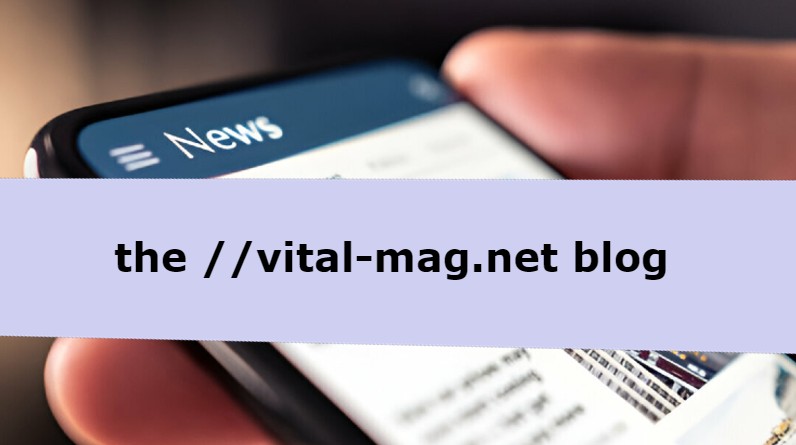We all know that tightening in the chest, the racing thoughts – that’s stress. But often, our understanding of understanding stress stops at the basic “fight or flight” response. What if we looked beyond this primal reaction and explored how our modern, always-on world uniquely shapes our stress experience, and more importantly, how we can practically manage it in this context?
In our hyper-connected lives, stress isn’t always a saber-toothed tiger. It’s the constant hum of notifications, the pressure to be perpetually productive, and the blurred lines between work and personal life. This article delves into a fresh perspective on understanding stress in the 21st century and offers practical, adaptable strategies to not just cope, but to thrive.
The “Always-On” Stress Cycle
The digital age has brought incredible convenience, but it’s also woven a new layer into our stress response. We’re constantly bombarded with information, demands, and comparisons. This can lead to a state of chronic low-level stress, where the “fight or flight” response isn’t a sudden burst, but a simmering undercurrent.
Think about it:
Notification Overload:
The ping of a new email, a social media update, a news alert – each triggers a small stress response, pulling our attention and disrupting focus.
The Productivity Paradox:
The pressure to optimize every moment can ironically become a significant stressor. Downtime can feel like wasted time, fueling anxiety.
Social Comparison:
Social media often presents curated highlight reels, leading to feelings of inadequacy and increased stress about our own lives.
This “always-on” cycle keeps our stress response mildly activated, making us feel perpetually on edge, even when there’s no immediate threat. Truly understanding stress in this context means recognizing these modern triggers.
Practical Ways to Manage Stress in the Digital Age
Managing stress today requires a conscious effort to create boundaries and cultivate mindful engagement with technology and our daily lives. Here are practical strategies you can implement:
Digital Detox Rituals:
Schedule specific times to disconnect from all devices. This could be an hour before bed, during meals, or a whole day on the weekend. Use this time for activities that genuinely relax you.
| Time | Activity | Benefit | Before Bed | Reading a physical book | Improves sleep quality, reduces blue light | | During Meals | Mindful eating, conversation | Enhances digestion, strengthens connections | | Weekend Day | Nature walk, hobby | Promotes relaxation, boosts mood |
- Mindful Notification Management: Turn off non-essential notifications. Decide when you want to engage with your digital world, rather than being constantly interrupted.
- Intentional Productivity Breaks: Instead of pushing through until burnout, schedule short, deliberate breaks throughout your day. Step away from your screen, stretch, or practice a few moments of deep breathing.
- Cultivate “JOMO” (Joy Of Missing Out): Consciously choose to not participate in every online trend or social event. Focus on what truly brings you joy and peace, without the pressure of external validation.
- Practice Digital Self-Compassion: Be mindful of the content you consume online. Unfollow accounts that trigger negative emotions and actively seek out positive and uplifting content. Remind yourself that social media often isn’t reality.
- Prioritize Real-World Connections: Make time for face-to-face interactions with loved ones. These genuine connections provide crucial social support and can buffer the effects of stress.
- Movement as a Mental Reset: Incorporate regular physical activity, even in short bursts. A quick walk can do wonders for clearing your head and reducing tension.
- Mindfulness and Meditation Techniques: Even a few minutes of daily mindfulness or meditation can help you become more aware of your stress responses and develop the ability to manage them. Numerous apps and resources are available to guide you.
- Time Blocking for Priorities: Instead of just focusing on work tasks, block out time for relaxation, hobbies, and social connection. This ensures that these stress-reducing activities don’t get overlooked.
- Seek Support When Needed: Don’t hesitate to reach out to friends, family, or a mental health professional if you’re feeling overwhelmed by stress. Talking about it can be incredibly helpful.
The Importance of Proactive Stress Management
Truly understanding stress isn’t just about recognizing its presence; it’s about taking proactive steps to manage it. By integrating these practical strategies into our daily lives, we can mitigate the impact of modern stressors and cultivate greater resilience and well-being. Learning how to manage stress effectively isn’t a luxury; it’s a necessity for navigating the complexities of the 21st century.
In conclusion, while the fundamental biological stress response remains, the triggers and our experience of stress have evolved in our digitally saturated world. By understanding stress through this contemporary lens and implementing practical, mindful strategies, we can move beyond simply reacting to stress and actively cultivate a more balanced and fulfilling life. What small step will you take today to better manage your stress?
Frequently Asked Questions (FAQs):
What does it mean to understand stress?
Understanding stress involves recognizing your body’s reactions to challenges and identifying the triggers that cause these responses.
What are some practical ways to manage stress daily?
Practical methods include digital detox, mindful breathing, exercise, and connecting with others.
How does the digital age impact our stress levels?
Constant notifications, the pressure to be productive, and social comparison online can contribute to chronic stress.
Why is it important to manage stress?
Effective stress management can improve your mental and physical health, boost your mood, and increase overall well-being.
Can deep breathing really help with stress?
Yes, deep breathing exercises can activate your body’s relaxation response, helping to calm your nervous system.
How can I reduce stress related to social media?
Try setting time limits, turning off notifications, and being mindful of the content you consume.
When should I seek professional help for stress?
If you feel overwhelmed, your stress interferes with daily life, or you’re using unhealthy coping mechanisms, consider reaching out to a healthcare professional.
For the latest updates and information, keep checking SimpCity.







